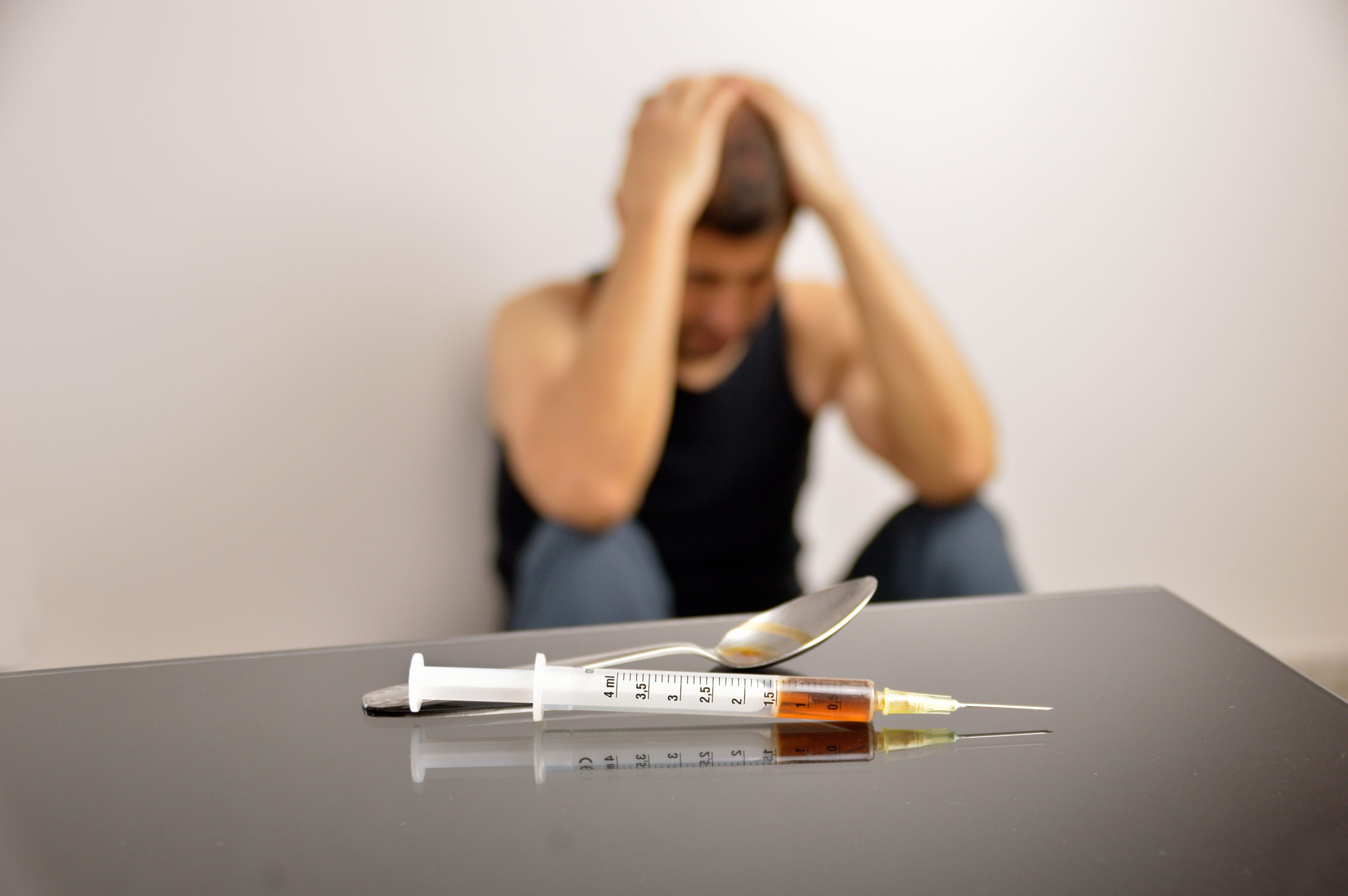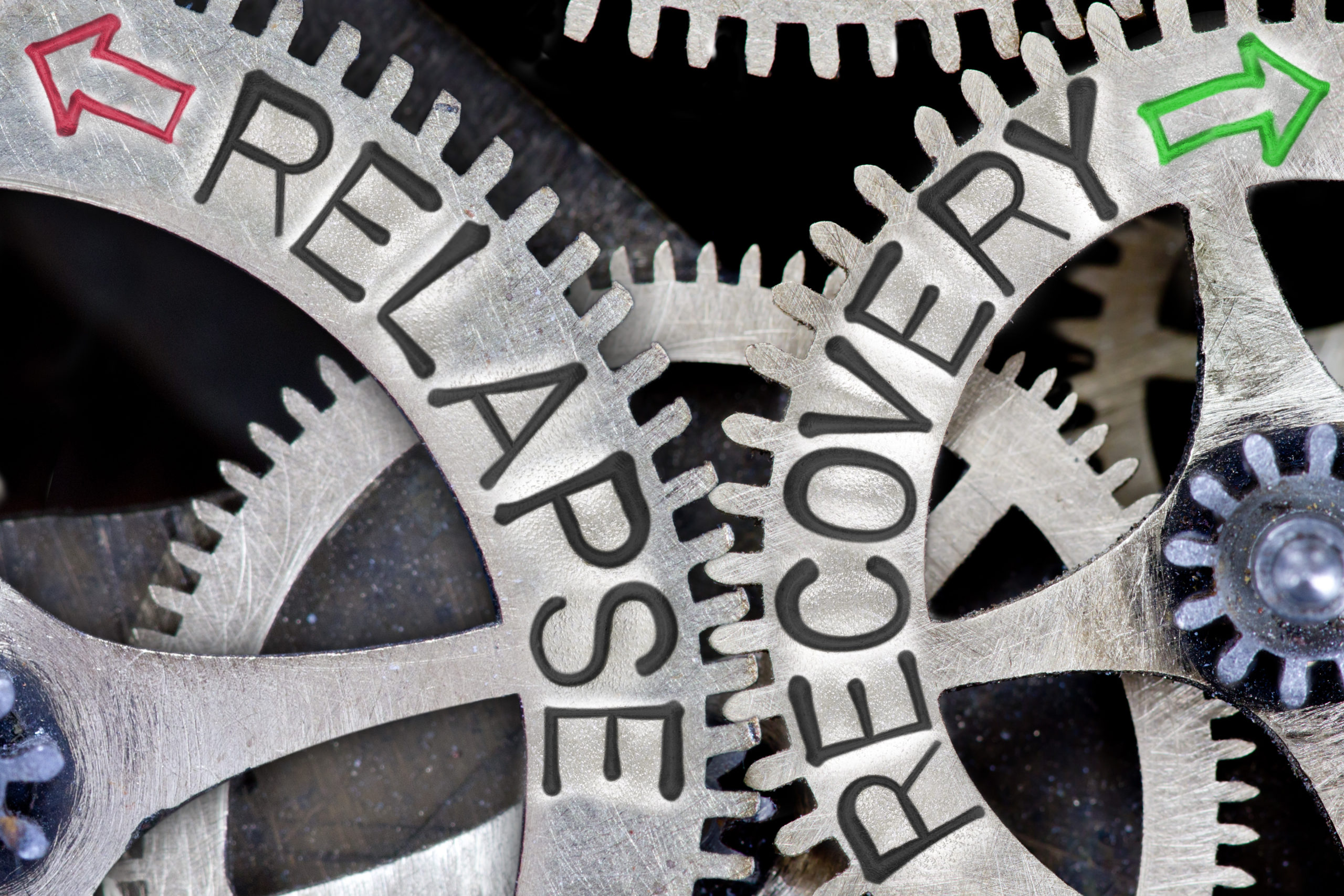Alcohol is a substance you can get addicted to.
It might go by different names like alcohol use disorder (AUD) or alcoholism, whatever you want to call it though, your body and mind have grown dependent on alcohol. Addicted to it.
It’s important to get that out in the open though because sometimes there’s a tendency to take it “less seriously” than an addiction to drugs and that’s a big mistake.
Those numbers are rendered more brutal when you take this into account: more than 95,000 people die from excessive alcohol use in American each year. Moreover, it’s one of the leading causes of death of preventable death in the US.
To top it off, with one of the uglier cherries, the cost of excessive alcohol use in the States, in terms of lost workplace productivity, reached a dizzying $249 billion in 2010.
All that is a prelude to why it’s vital to take alcohol seriously on its own and understand why something like an alcohol detox center is important.
What Is an Alcohol Detox Center?
For starters, detox treatment is an imperative step to any recovery program. You simply can’t get sober without starting with a clean slate. The slate, in this case, being your body. Sobriety is built on the firm foundations of detox.
Detox itself is the natural process of ridding your body of the toxins that you typically arrive at a rehab center with. It’s 100% ok and normal to show up with alcohol in your system by the way.
From the perspective of actual rehabilitation, nothing starts until detox ends.
An alcohol detox center is one that just so happens to specialize in the detoxification of those people struggling with alcohol use disorder. Due to some very particular withdrawal symptoms that accompany detoxing from alcohol, it’s highly recommended to detox under the supervision of professionals.
Why Is It Important to Detox From Alcohol at a Facility?
If you’re unable to feel normal without drinking or can’t go any period without feeling the twinge of alcohol withdrawal creep in, you may need assistance with detox.
With a strong dependency on alcohol, attempting to stop abruptly aka cold turkey could have disastrous and, quite literally, deadly effects.
Withdrawal from serious alcohol abuse can cause delirium tremens, which is a severe form of alcohol withdrawal that involves sudden severe mental and nervous system changes.
As per a recent study, “It is now commonly known to occur as early as 48 hours after abrupt cessation of alcohol in those with chronic abuse and can last up to 5 days. It has an anticipated mortality of up to 37% without appropriate treatment. It is crucial to identify early signs of withdrawal because it can become fatal.”
It’s estimated that 3% to 5% of those who chronically abuse alcohol can experience that, which is a major reason why detox at a facility, under the watchful eye of doctors and staff who know how to keep you safe, is very much encouraged.
Additionally, even if you’re not necessarily at risk for the worst of the withdrawal symptoms, detox is just plain uncomfortable anyhow. The only respite in the mind of the user is to just pick up a drink and end the discomfort. If you’re at a specialized detox facility, however, you’re being taken care of by people who understand that feeling very well and can get you to the other side. That helps prevent a quick relapse as well.
How to Find Help for an Alcohol Addiction
If you or a loved one are unable to get off the drink on your own and need help, please don’t hesitate to reach out to us at Above It All Treatment Network. We’re connected with a vast network of alcohol detoxification programs all over California and would be happy to help you find the best one for you.










